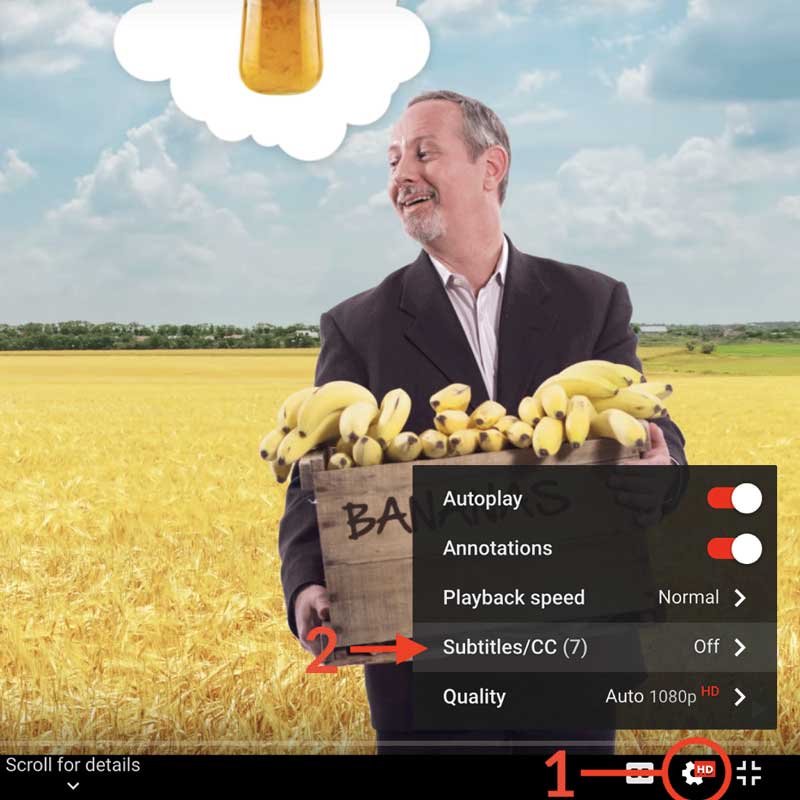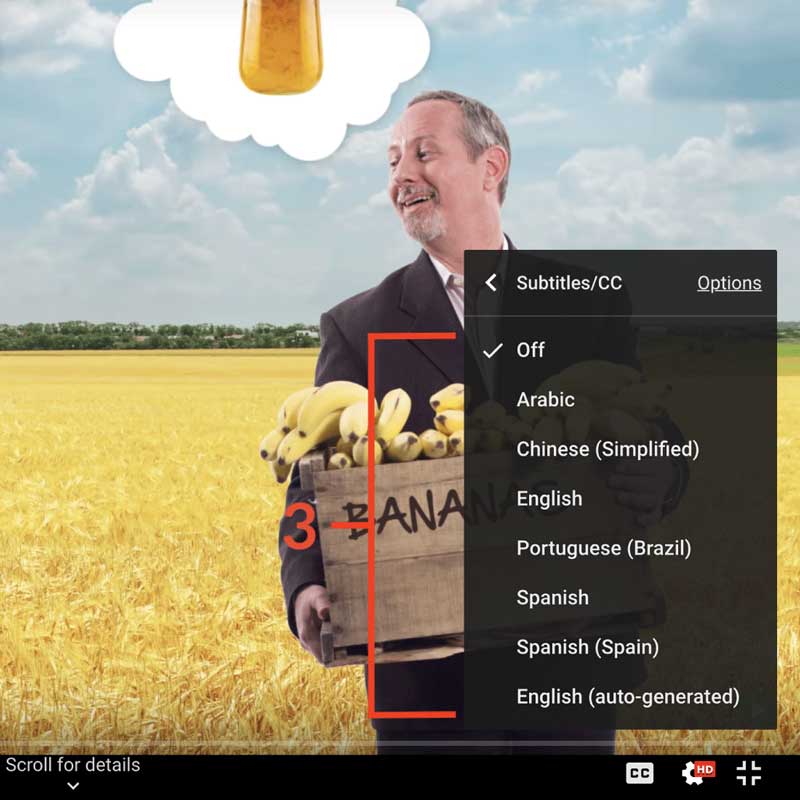Cowen/Yglesias: Why Is the Rent So Damn High?
Course Outline
Cowen/Yglesias: Why Is the Rent So Damn High?
You’ve no doubt heard it before: the rent is too damn high!
In major cities across the United States, rent prices have been skyrocketing for some time. As a percentage of median income, rent is much higher for those that choose city life over suburbia.
But why are rental prices in these cities so expensive, and what can we do about it?
It’s a classic case of supply and demand: lots of people want to move to big cities because of the opportunities they afford. Naturally, they demand housing. But the supply is often short due to many factors, from geography to regulations. What does economics tell us happens when there’s a lot of demand, but not so much supply? Prices rise. As a consequence, many people are priced out of pursuing the lucrative opportunities available in major cities.
Coastal cities, like San Francisco and New York, have obvious geographical restrictions on building “out.” One way to deal with this problem is to build upwards with more skyscraper housing. This often isn’t feasible due to regulations on building heights, density, parking requirements, etc. But these regulations could be lessened or removed, allowing big cities to become denser and lowering rent prices. Lifelong city-dweller Matt Yglesias discusses this approach in this Duel.
On the other side, Tyler Cowen, who has always lived in the suburbs, argues that allowing cities to become denser may only provide a short-term solution. As more people move in, the cities become more productive with higher incomes for their inhabitants. And the rents rise again.
Of course, we’ve merely skimmed over the arguments here, and you’ll have to watch the Econ Duel to get the full picture! Check it out and let us know in the comments who you think makes a better case.
Teacher Resources
Subtitles
- English
- Spanish
- Chinese
Thanks to our awesome community of subtitle contributors, individual videos in this course might have additional languages. More info below on how to see which languages are available (and how to contribute more!).
How to turn on captions and select a language:
- Click the settings icon (⚙) at the bottom of the video screen.
- Click Subtitles/CC.
- Select a language.


Contribute Translations!
Join the team and help us provide world-class economics education to everyone, everywhere for free! You can also reach out to us at [email protected] for more info.
Submit subtitles
Accessibility
We aim to make our content accessible to users around the world with varying needs and circumstances.
Currently we provide:
- A website built to the W3C Web Accessibility standards
- Subtitles and transcripts for our most popular content
- Video files for download
Are we missing something? Please let us know at [email protected]
Creative Commons

This work is licensed under a Creative Commons Attribution-NoDerivatives 4.0 International License.
The third party material as seen in this video is subject to third party copyright and is used here pursuant
to the fair use doctrine as stipulated in Section 107 of the Copyright Act. We grant no rights and make no
warranties with regard to the third party material depicted in the video and your use of this video may
require additional clearances and licenses. We advise consulting with clearance counsel before relying
on the fair use doctrine.